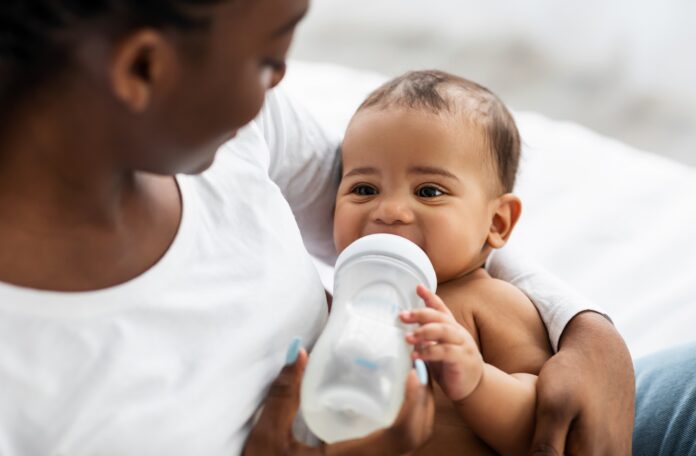There is a shortage of Black sperm donors in the U.S. The shortage is forcing Black women to choose a donor of another race and pursue other possibly safe avenues. According to industry experts, there’s been a shortage for years, and one reason is due to mistrust of the medical system. Additionally, the fertility industry typically markets to white people. Thus, significantly impacting single Black women and couples seeking to start a family.
“If you went to any website for any fertility clinic in the United States before 2020, you very rarely saw any evidence of people who just by sight looked like a person of color on their websites, and there were no babies of color,” said Cindy Duke, a reproductive endocrinologist, and virologist in Las Vegas. “There wasn’t much thought given that there may be a Black intended single mom or a Black same-sex female couple that needs a Black donor,” Duke added.
Black Sperm Donor Statistics
According to the Genetic Literacy Project, only 1,000 applicants (of all races) make it through the screening process, which also attributes to the Black donor shortage. The process includes semen analysis, an extensive, three-generation medical history, infectious-disease testing, and a criminal background check. Furthermore, the selection process excludes donors with felony convictions.
Unfortunately, less than 2% of Black sperm donors are represented at the nation’s four largest cryobanks. For instance, the California Cryobank, Fairfax Cryobank, Seattle Sperm Bank, and Xytex have 748 sperm donors. Sadly, only 12 are Black as of Oct. 11. The waiting list for a white donor at the California Cryobank is typically three months. Compared to Black donors who wait up to 18 months.
“We continue to work hard to recruit more Black donors,” Morgan Barker, senior marketing manager at Fairfax Cryobank, said in an emailed statement, The Post reports. “There are several in the pipeline who should be available at the beginning of next year, and a few more are in the screening process.”
“Proper screening isn’t getting done when you go private. Intended recipients and donors need to ensure they aren’t carrying the same recessive mutations or genetic issues that could manifest in the child,” said Richard Vaughn, an attorney specializing in fertility law. “When people work through licensed sperm banks, there’s a system of checks and balances and medical screening.”
Will Things Change?
Black women between the ages of 35 and 45 are more likely to remain unmarried than other racial groups. However, the demand for cryobank services among Black women has risen. In addition, it spiked during the pandemic. Some Black women turn to close male friends and online groups to buy semen.





